In the pantheon of American bureaucracies, none have guarded their prerogatives more jealously – or become more allergic to reform – than the State Department. And so, predictably, when the Trump administration moved in recent weeks to cut the agency’s workforce by 15 percent, Washington’s political and media class protested in unison. But strip away the histrionics, and something else emerges: a much-needed effort to realign the State Department with the America it’s supposed to represent.
No one celebrates the pain of sudden job loss. Many of the terminated employees were sincere public servants (some of whom I count as personal acquaintances). Nonetheless, we cannot afford a foreign policy establishment that views itself as a separate priesthood, insulated from democratic accountability.
For decades, careerism and ideology have fused at the State Department in ways that alienate it from the instincts of ordinary Americans. Foreign policy, particularly under recent Democratic administrations, has often exceeded its core diplomatic mandate to serve as a conduit for expansive ideological agendas – establishing offices devoted to gender equity in Central Asia and proliferating “democracy promotion” programs frequently disconnected from strategic imperatives.
Rejecting these programs is not a rejection of diplomacy itself – in fact, it is a call to restore its true purpose. Our Founders did envision a diplomacy as a specialized, elite craft to be conducted by individuals who were intelligent and cultured. But they never intended for it to serve ideological goals at the expense of the nation’s interests. Diplomats were meant to embody the nation’s collective priorities, not to diverge from them.
It is striking – though perhaps no longer surprising – that while employees from agencies such as the Department of Homeland Security and the Department of Defense significantly contributed to Donald Trump’s 2024 race, State Department employees once again overwhelmingly backed the Democratic ticket: 94 percent of donations went to Kamala Harris. Federal Election Commission data reveals that 61 percent of Trump’s federal-employee donations came from DHS and DoD employees – a pattern that reveals more than mere partisanship. It reflects class, culture and worldview. DHS and DoD are populated heavily by employees – Border Patrol agents, enlisted personnel, civil servants in logistics and security – whose life experiences place them far closer to the working class.
The average person in these two departments is not attending Aspen panels or shaping narratives from think-tank cubicles; they are on the ground, managing real risks and seeing the world in terms of threats, borders and mission. State, by contrast, has drawn disproportionately from a self-reinforcing diplomatic class.
All too often, this cohort prizes cultural fluency and demographic diversity – but often at the expense of the blunt, essential principle that American diplomacy exists to advance American interests. One might expect the State Department and DHS to be aligned in spirit. But in practice, since personnel is indeed policy, they diverge dramatically.
This is not an accident. It’s the result of decades in which Foggy Bottom evolved into a cosmopolitan enclave – brilliant, no doubt, but increasingly estranged from the impulses and priorities of the country it represents. A foreign-policy apparatus so ideologically insulated and self-selecting risks shutting out the very world it’s meant to navigate. Diplomacy requires a deep tether to the nation it serves.
Opponents of Trump’s restructuring – such as the Washington Post and Representative Greg Meeks, the top Democrat on the House Foreign Affairs Committee – have bemoaned that State Department employees are being selected for their “fidelity” to the executive branch. This is, frankly, rich. Fidelity to the president isn’t some MAGA scheme – it’s a constitutional principle. As Philip Linderman, chairman of the Ben Franklin Fellowship, tells me: “The executive branch is meant to set foreign policy; the bureaucracy is meant to execute it. Per Article II, Section 1 of the Constitution, the State Department and all foreign affairs agencies have no policy interest – indeed, no interest at all – outside of what the president wants to accomplish.”
Caring about fidelity to the president is not the process of some shadowy, authoritarian cabal. In fact, it represents the opposite: accountability to a legitimately elected authority. The self-replicating class within the State Department, ironically, has been the body guilty of fostering a behind-the-scenes subversive movement. It has enforced its own version of fidelity: not to the sitting president, but to a foreign-policy establishment – one that often outlasts and undermines elected administrations.
To pretend that fidelity only becomes dangerous when it dares to think beyond liberal orthodoxy is to miss – or willfully obscure – the deeper truth: the State Department has long been politicized, just not in ways that, say, the Washington Post’s editors find objectionable. The real scandal isn’t that fidelity is being demanded. It’s that, for the first time in a generation, it’s not being demanded in a particular ideological direction. The outrage we’re seeing says less about concern for democratic norms than it does about a loss of influence among the usual gatekeepers.
Bold reform naturally produces friction. When President Harry Truman signed the National Security Act of 1947, laying the foundation for a unified Department of Defense, the transition was anything but seamless. Massive interservice rivalries erupted immediately, with the established Army, for example, clashing with the newly autonomous Air Force.
The reform disrupted entrenched power centers and long-standing institutional habits. Implementation took years and required multiple revisions before the Defense Department could function as a unified body. Yet looking back, few would argue the reform wasn’t necessary. The fragmented military structure of World War II had exposed dangerous inefficiencies, with rival services duplicating efforts and competing for resources. A more integrated defense apparatus – enabling faster decision-making and coordination – was better suited to meet the complexity of America’s changing global role.
The same clarity of purpose is needed now. Reforming the State Department is not about ideology – it’s about fitness serving a nation that no longer tolerates bureaucratic drift. We are entering an era of great-power confrontation, asymmetric threats and diplomatic competition at an unprecedented scale. America cannot afford a foreign-policy apparatus that speaks in polished platitudes while drifting further from the instincts of its own citizenry. A foreign policy that speaks for the people must first learn to listen to them.



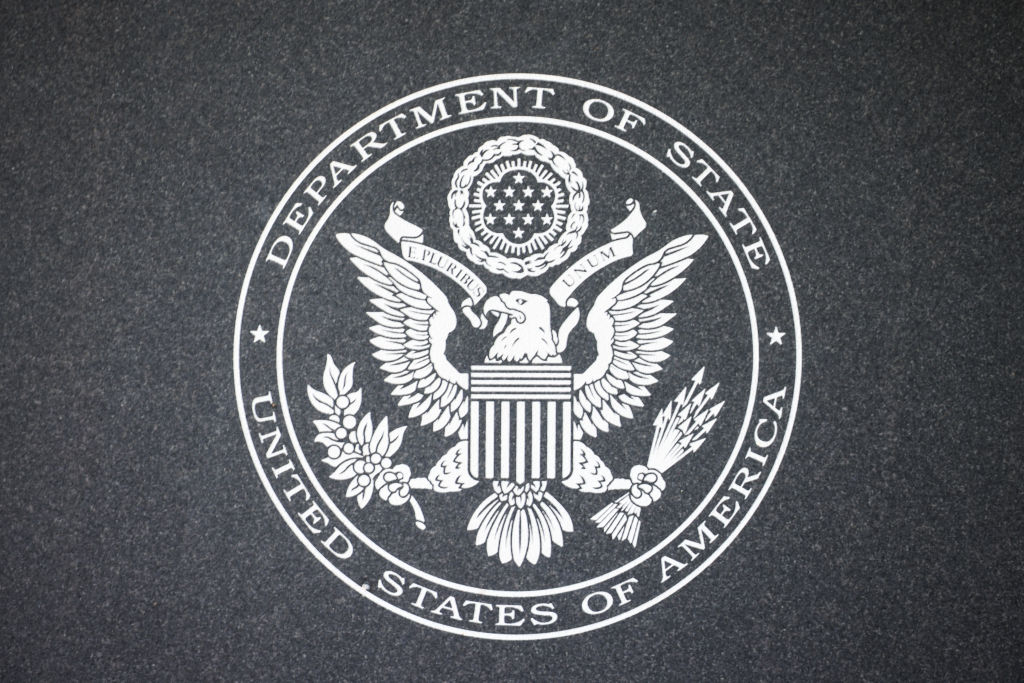








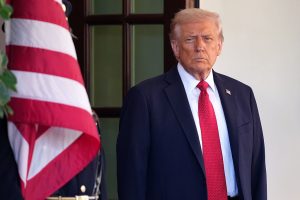
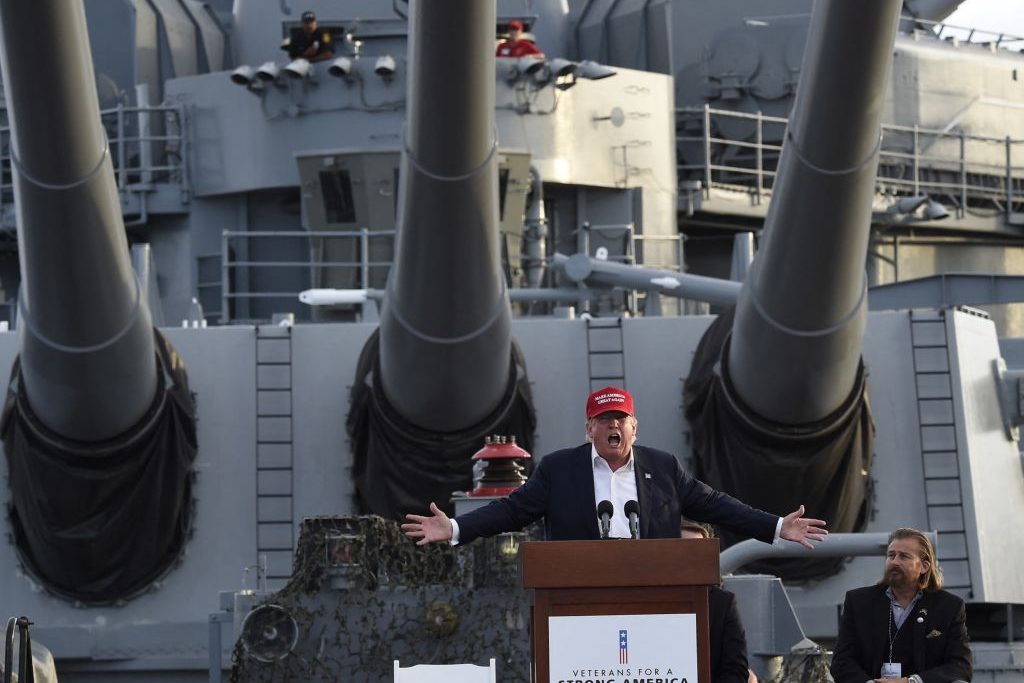
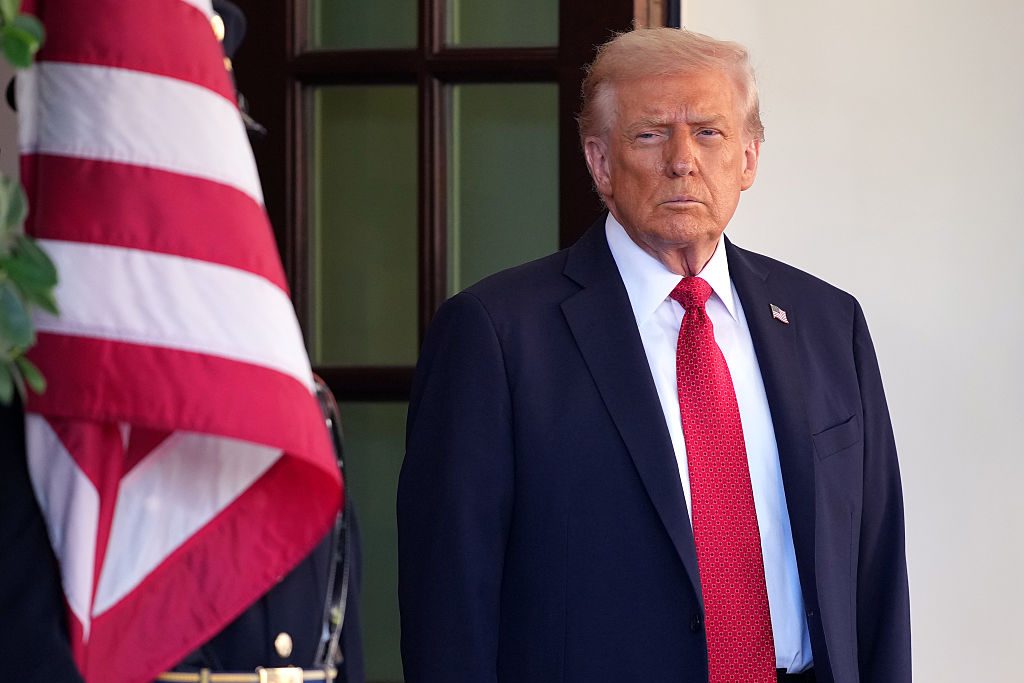

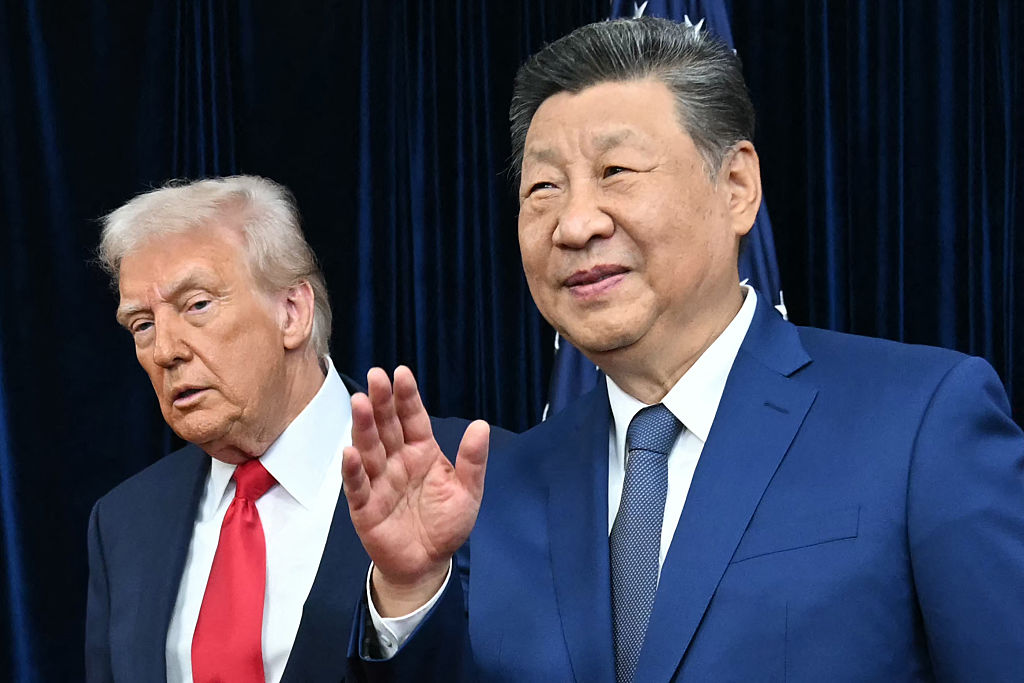
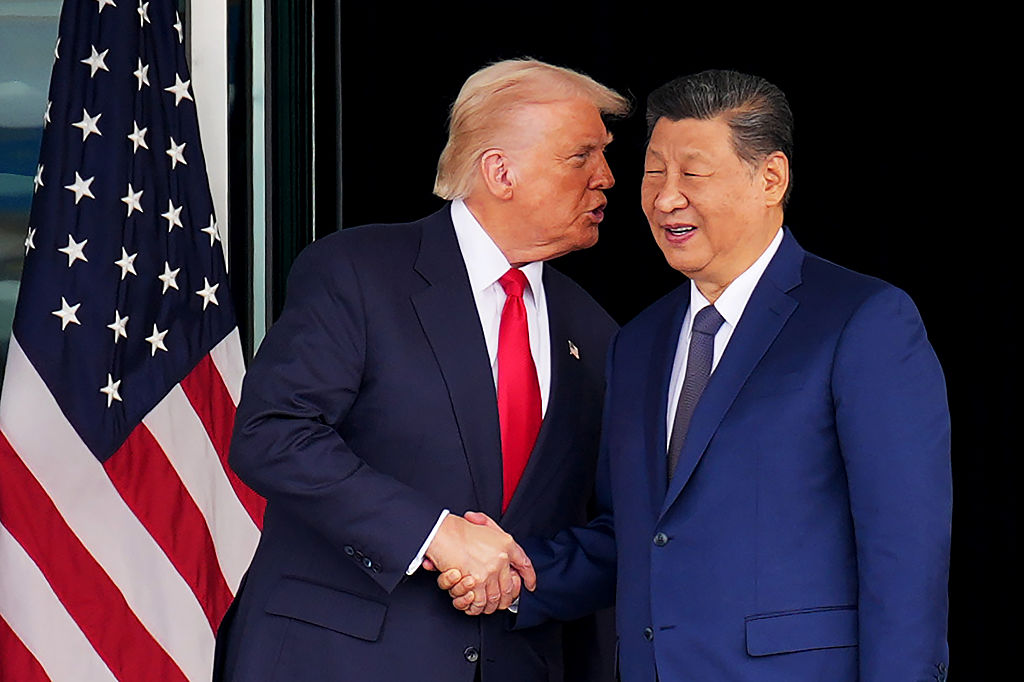
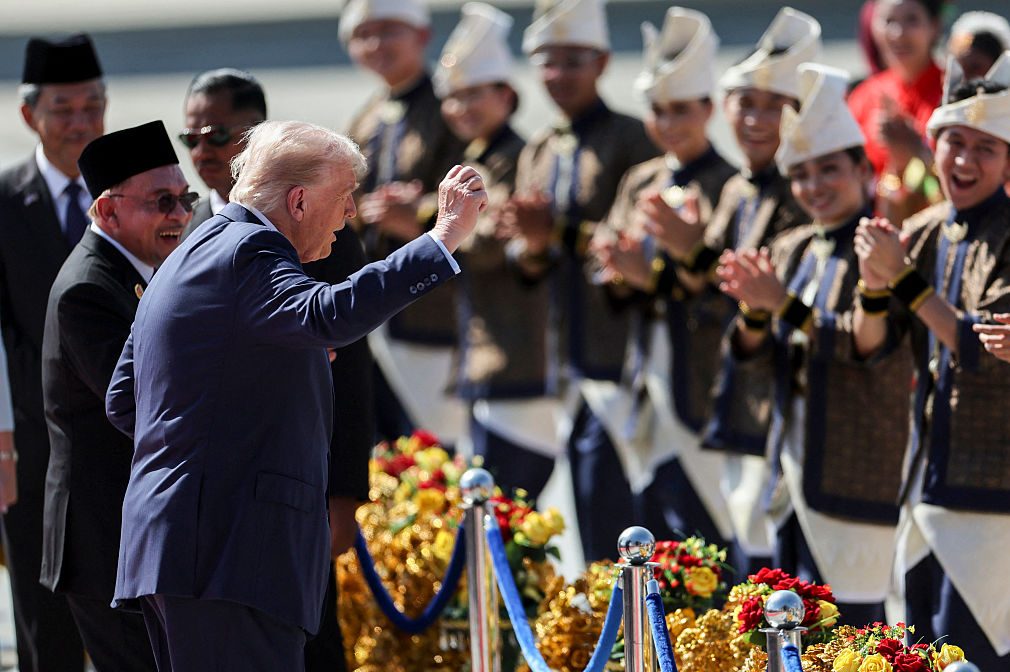







Leave a Reply